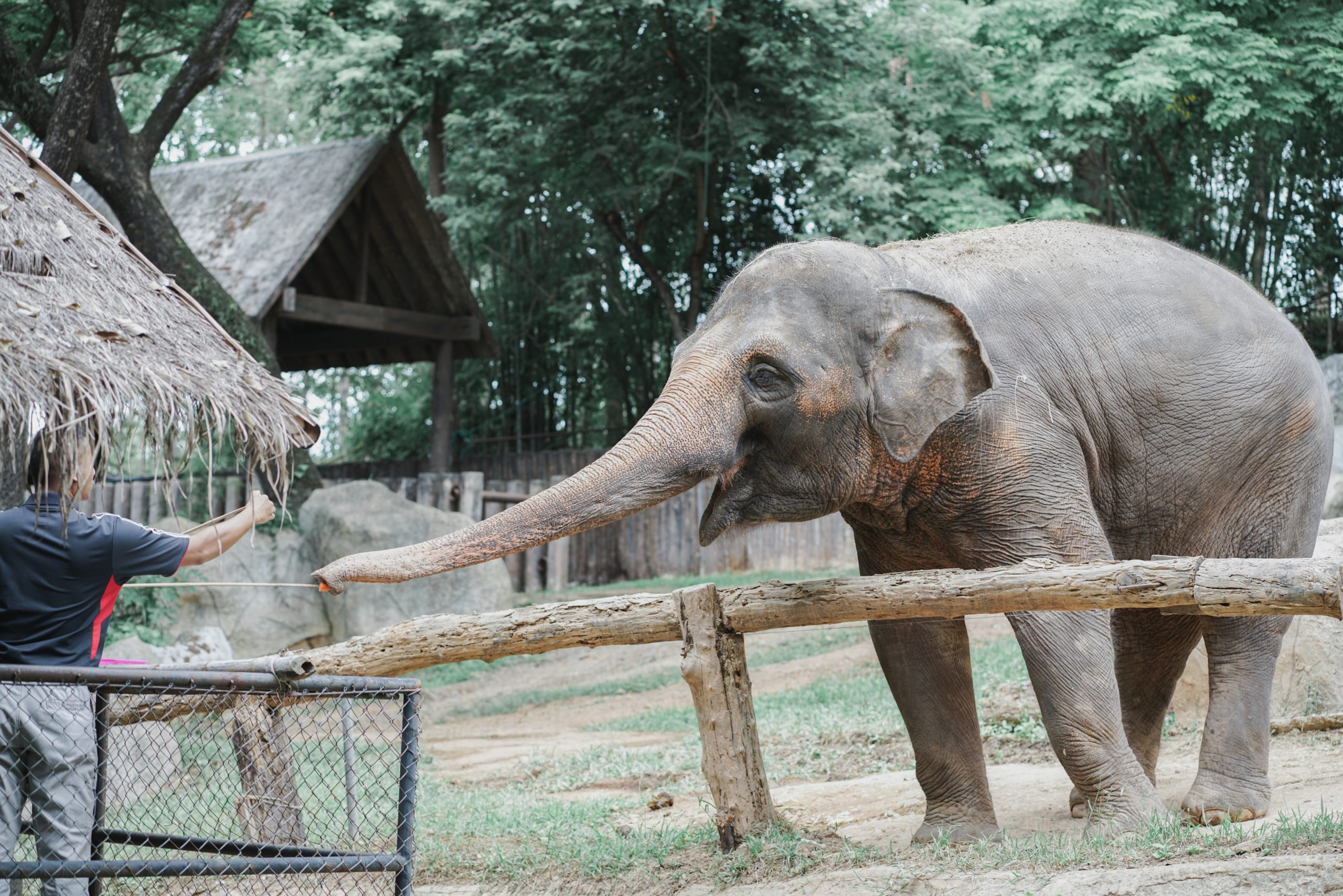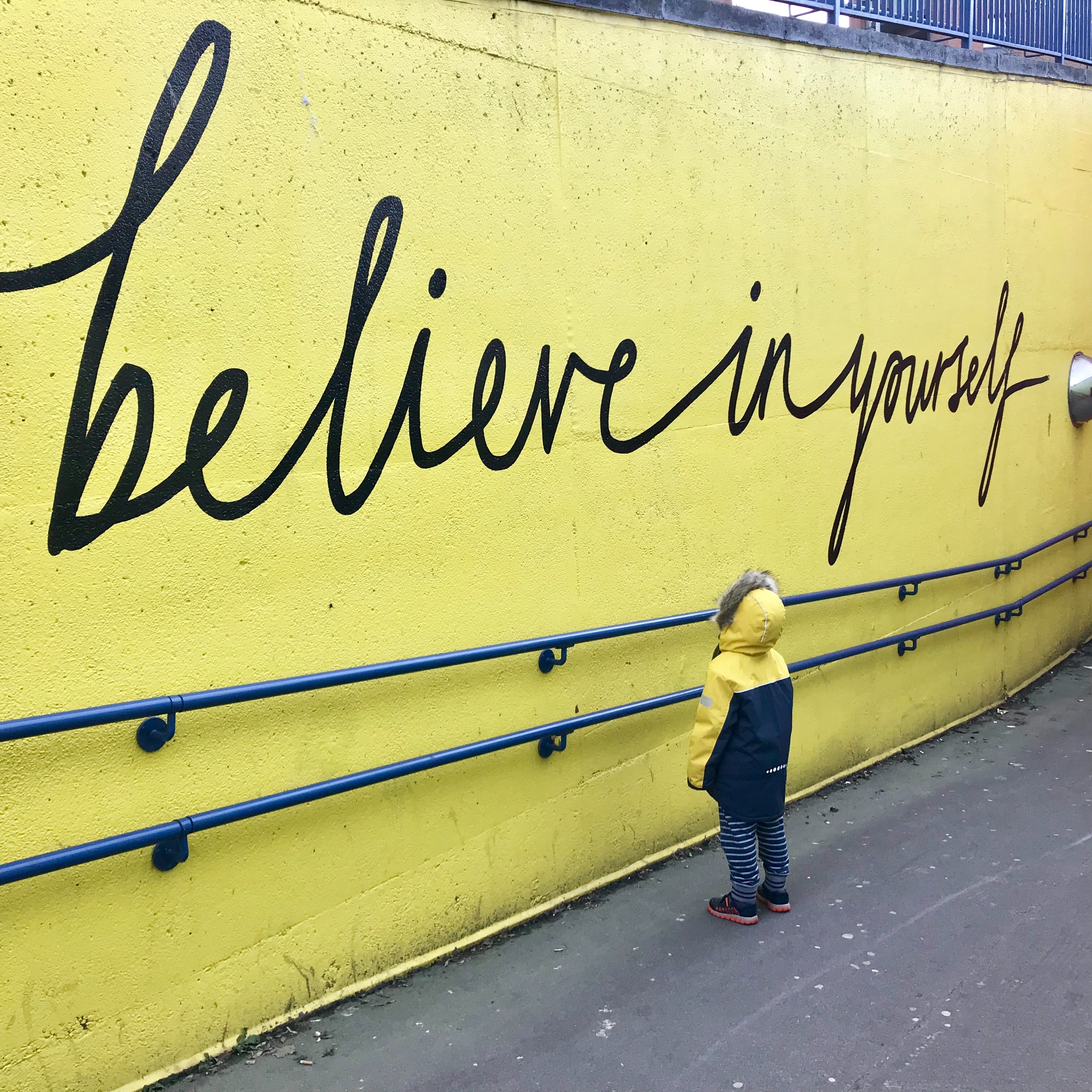| The pressure around the holidays can easily test our emotional intelligence.
Before declining or dreading invitations, consider holiday gatherings a great opportunity to practice connecting with curiosity and compassion – a coveted skill that makes us better mentors, leaders, and human beings.
Here are 7 hip pocket phrases that will help us influence, not just tolerate, these affairs:
1. You look terrific.
People are constantly worried about how they look, and the holidays bring an added layer of fear. With a (genuine) compliment, we can put people at ease and instantly help them feel good about themselves. When people operate from fear, meet them with generosity.
2. You’re amazing.
Ask people about their recent adventures or experiences, and then express kudos! People appreciate the spotlight.
3. Interesting, tell me more.
Especially useful when you don’t agree with a point of view being shared about politics or religion. You don’t have to change your mind, but neither do they. Simply be fascinated by a different perspective.
4. How can I help?
”Do you need help?” can feel contrived, so the answer is typically, “No.” Instead ask, “How can I help? or “What can I do for you?” to signal your intention to contribute.
5. I understand.
Helping people feel heard can quickly disarm their defenses. (And it doesn’t mean you have to agree with them!)
6. We’ll figure it out.
Nothing ever goes as planned – that’s how holidays work. Give people permission to rebound without pressure.
7. I appreciate…
Let’s rejuvenate the obligatory “thank you!” By adding context, sharing impact, and experimenting with new words, we give people pause to recognize the appreciation. “I’m grateful for our friendship. I appreciate the time we spend together. Our conversations bring me joy.”
———————————————–
To my 11,383 readers, I’m grateful for our weekly connections. You inspire me with your commitment to make a difference in your roles as boss, mentor, peer, and human being!
Wishing you a happy (and more than tolerable) Thanksgiving! |

![]()


![]()


![]()


![]()


![]()


![]()


![]()


![]()


![]()